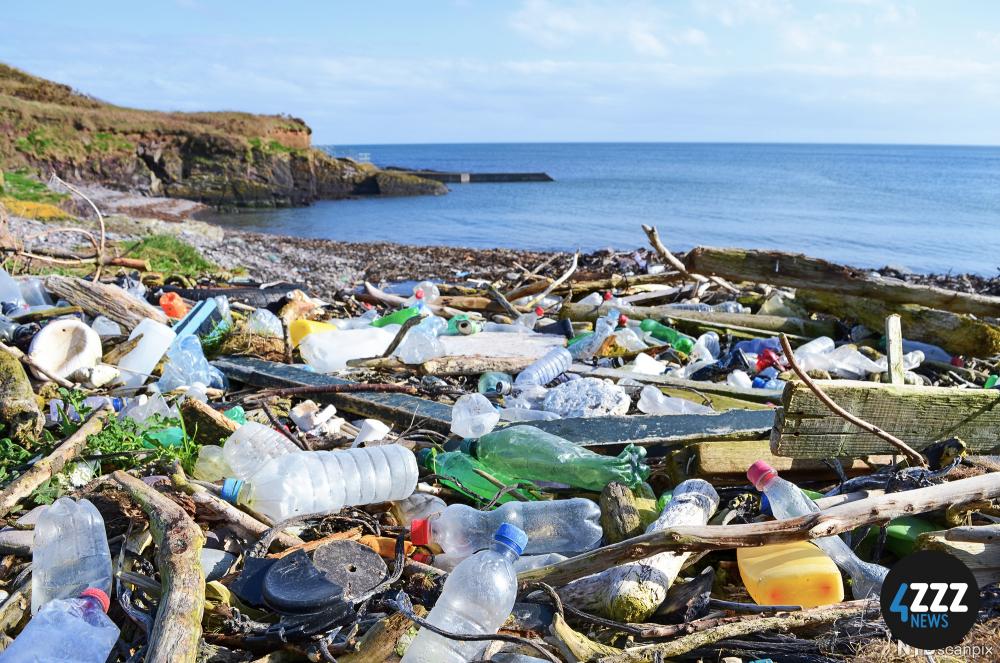
As Australia seeks to reduce their role in plastic pollution, researchers from the Queensland University of Technology are looking into an emerging area of technology that makes it possible to embed a traceable code, which researchers have likened to plastic "DNA", into plastic polymer. In a recent paper published in Polymer Chemistry, QUT researchers have rallied the polymer-chemistry community to work towards embeddable codes for plastic, that can be read on small handheld devices in the field, and ideally even on mobile phones. This kind of technology is crucial in the role of creating manufacturer responsibility and aiding in the goal to end plastic pollution. 4ZZZ journalist Steph Felesina spoke with Dr Hope Johnson, socio-legal researcher in food and agricultural law, regulation and governance who worked on the paper the findings were published in and Dr Anya Phelan, University of Queensland Lecturer and Entrepreneur in Residence with the CSIRO Plastics Innovation Hub.
A new research project from QUT regarding the emerging area of technology that seeks to make plastic traceable and manufacturers accountable. Last week the federal government joined an international agreement to recycle or reuse 100% of plastic waste by 2040 essentially putting an end to plastic pollution in Australia. 4ZZZ journalist Steph Felesina spoke with Dr Hope Johnson from QUT and Dr Anya Phelan from UQ about more.
That was 4ZZZ journalist Steph Felesina's conversation with Dr Hope Johson and Dr Anya Phelan about the potentials for plastic tracking. You’re listening to 4ZZZ